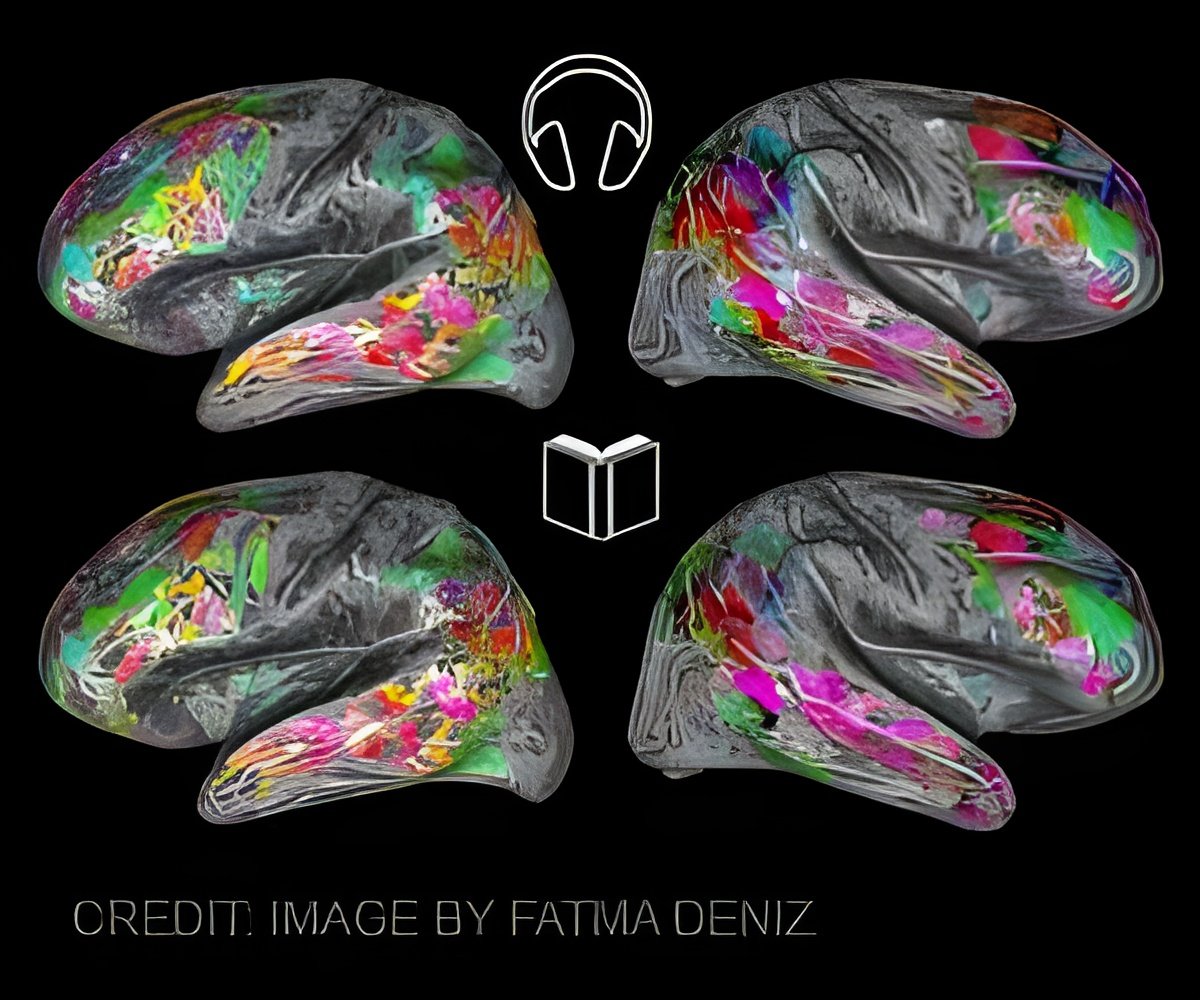Blue LED lights and photosensitizers prevented the formation of beta-amyloid deposits in the brain of fruit flies.

‘In a breakthrough discovery, researchers used blue LED lights and photosensitizers to prevent the abnormal assembly of beta-amyloid plaques in the brain. They hope to find new ways to treat neurodegenerative diseases including Alzheimer's disease.’





One of the lead researchers Chan Beum Park from Korea Advanced Institute of Science and Technology in Daejeon, South Korea, said, "This work has significance as it was the first case to use light and photosensitizers to stop deposits of beta-amyloids." This research finding suggests new ways to treat neurodegenerative diseases including Alzheimer's disease.
The study was published online in Angewandte Chemie.
Source-IANS










